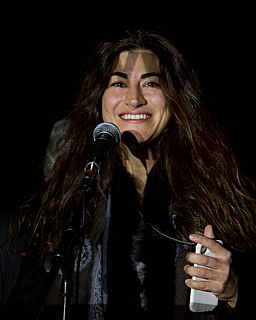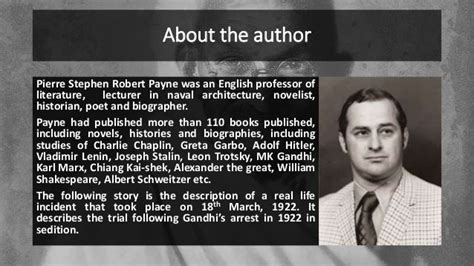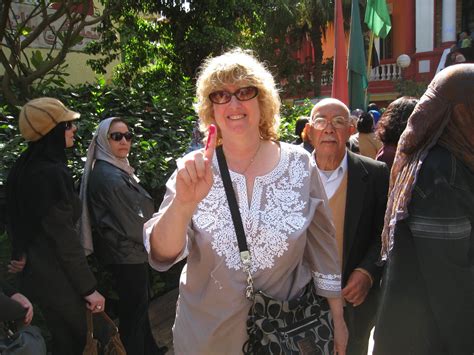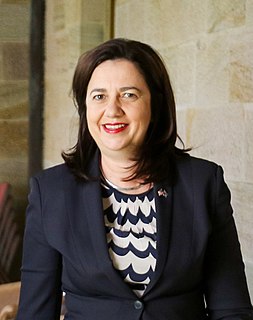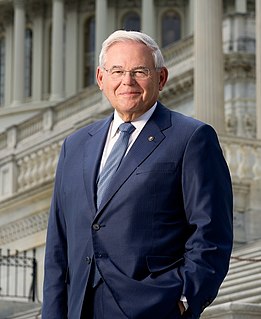A Quote by Jehane Noujaim
There are these very poor communities on the outskirts of Cairo called Mokattam, where a lot of the garbage collectors live. I used to volunteer there, doing health and education work when I was younger and living in Egypt.
Related Quotes
When you live in a poor neighborhood, you are living in an area where you have poor schools. When you have poor schools, you have poor teachers. When you have poor teachers, you get a poor education. When you get a poor education, you can only work in a poor-paying job. And that poor-paying job enables you to live again in a poor neighborhood. So, it's a very vicious cycle.
It can be seen as 'weak' to complain about health issues or worry about your health. But with younger guys, I think it's just a case of it being a secondary thought. We live pretty busy lifestyles these days. People have got work and social lives, and they party and spend a lot of time doing other things, and health just takes a backseat in a lot of cases. That's just the way a lot of people seem to live their lives.
I used to do volunteer work in poor areas of Cairo, and people would gather their money together to get a satellite dish. You'd see them huddling around and for the first time seeing issues being debated on TV that had never been talked about before. And that is the biggest promoter of democracy you could possibly have.
Poverty in Egypt, or anywhere else, is not very difficult to explain. There are three basic causes: People are poor because they cannot produce anything highly valued by others. They can produce things highly valued by others but are hampered or prevented from doing so. Or, they volunteer to be poor.
When I went to Egypt right after 9/11 I was very upset. I used to live in Egypt. I had a lot of friends there. I spent two years teaching there. I had very fond feelings for that part of the world, and the fact that a culture I liked so much had attacked my own culture was really very upsetting to me.
Egypt's priorities in fact are all related to the environment: food, water, health, energy, employment and education. Egypt is facing some very serious environmental challenges. The country has limited natural resources and has to decide how to manage these to meet the needs of a growing population.
The Cairo conferenceis about a complicated web of education and employment, consumption and poverty, development and health care. It is also about whether governments will follow where women have so clearly led them, toward safe, simple and reliable choices in family planning. While Cairo crackles with conflict, in the homes of the world the orthodoxies have been duly heard, and roundly ignored.
Befriending provides a valuable lifeline to many people who feel isolated in their communities often as a result of ill health or poverty. I would like to thank all those who volunteer as befrienders and I hope that your numbers will increase in coming years. Your kindness and hard work is, I know, very much appreciated by those you help.
I was born in a very poor family. I used to sell tea in a railway coach as a child. My mother used to wash utensils and do lowly household work in the houses of others to earn a livelihood. I have seen poverty very closely. I have lived in poverty.I decided that I would not live for myself but would live for others.
